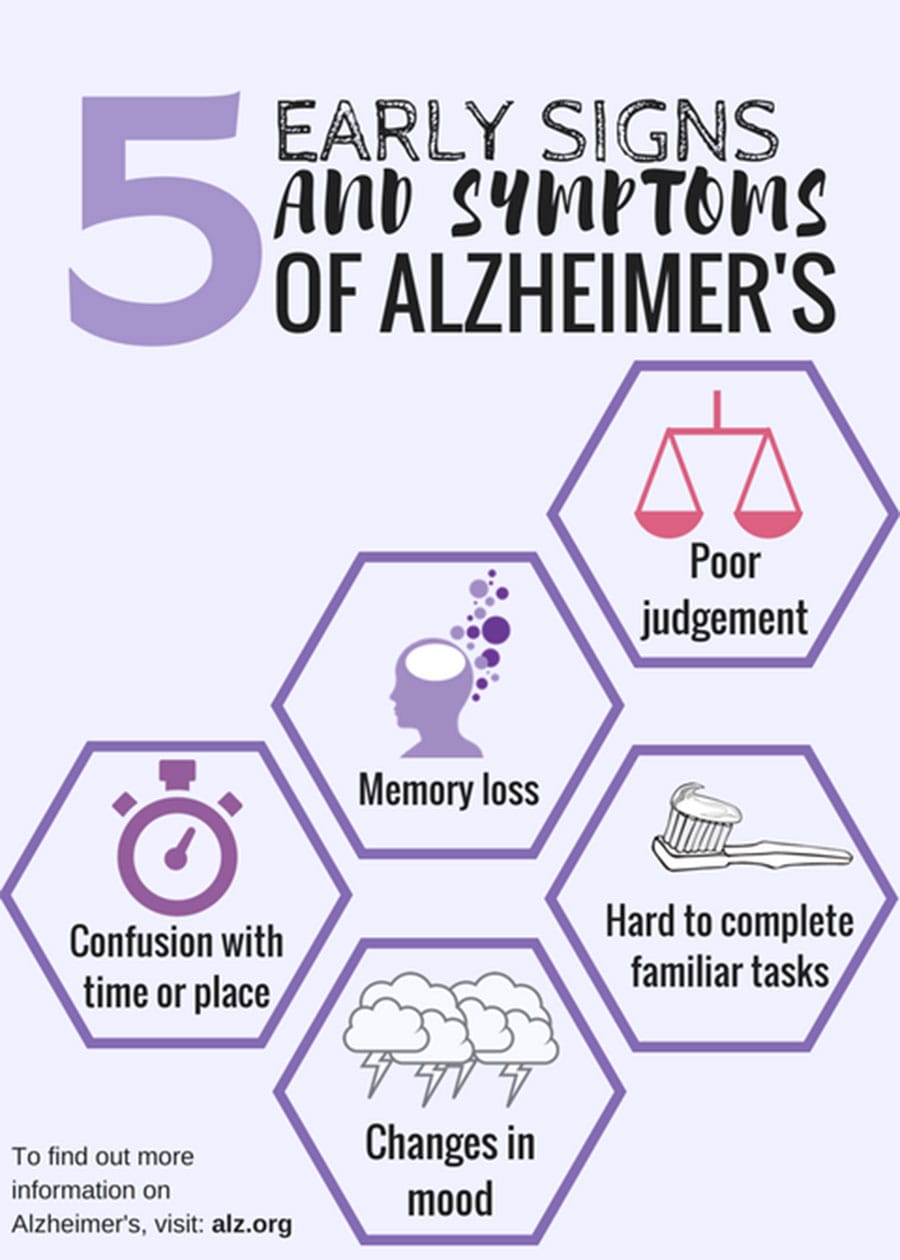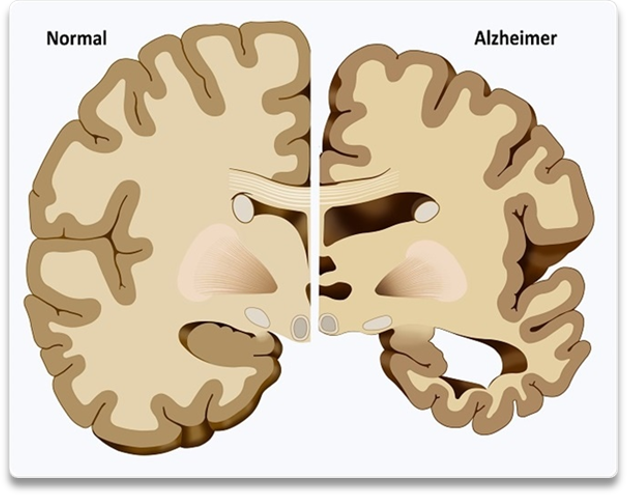- RESEARCHDistance Learning at AIU is enhanced by vast academic resources and innovative technologies build into the Virtual Campus: Hundreds of self-paced courses with video lectures and step by step lessons, thousands of optional assignments, 140,000 e-books, the Social Media & Networking platform allowing collaboration/chat/communications between students, and MYAIU develop students holistically in 11 areas beyond just academics.
- PROGRAMS OFFERED
- Areas of Study
- Courses and Curriculum
- Open Courses
- Register for a Program
- Associate Program
- Associate in Addiction Counseling
- Associate in Agriculture Food And Resources
- Associate in Anti Terrorism Security
- Associate in Behavior Analysis In Special Education
- Associate in Bioethics
- Associate in Climatology
- Associate in Cultural Theological Communication
- Associate in Culinary Arts
- Associate in Ecotechnology
- View all Associates Programs
- Bachelor Program
- Bachelors in Community Development
- Bachelors in Environmental Science
- Bachelor in Education (B.Ed, BS)
- Bachelors in Economics
- Bachelors in Entrepreneurship
- Bachelors in Financial Administration
- Bachelors in Human Resource Management
- Bachelors in Linguistics
- Bachelors in Nutritional Science
- Bachelors in Occupational Health and Safety
- Bachelors in Psychology
- View all Bachelor Programs
- Doctorate Program
- Doctor | of Biology (PhD)
- Doctorate in Business Administration (DBA, PhD)
- Doctor of Economics (PhD)
- Doctor of Electrical Engineering (D.Sc, PhD)
- Doctor of Finance (PhD)
- Doctorate in International Relations
- Doctorate in Information Technology (D.Sc)
- Doctor of Legal Studies (PhD)
- Doctor of Project Management (PhD)
- Doctor of Sociology (PhD, D.Sc)
- Doctorate in Sustainable Natural Resources Management
- View all Doctorate Programs
- Master Program
- Postdoctoral Program
- Postdoctoral in Animal Science
- Postdoctoral in Anti Terrorism Security
- Postdoctoral in Behavior Analysis In Special Education
- Postdoctoral in Bioethics
- Postdoctoral in Blockchain Technology and Digital Currency
- Postdoctoral in Business Management
- Postdoctoral in Cloud Computing
- Postdoctoral in Computer Engineering
- View all Postdoctoral Programs
AIU offers a wide range of majors in areas including the Arts, Business, Science, Technology, Social, and Human studies. More than 120 degrees and programs are available for adult learners at the associate’s, bachelor’s, master’s, doctoral and postdoctoral level. - VIRTUAL CAMPUS
Distance Learning at AIU is enhanced by vast academic resources and innovative technologies build into the Virtual Campus: Hundreds of self-paced courses with video lectures and step by step lessons, thousands of optional assignments, 140,000 e-books, the Social Media & Networking platform allowing collaboration/chat/communications between students, and MYAIU develop students holistically in 11 areas beyond just academics.
- ALUMNI
The world is YOUR campus!”, that is the message of AIU’s month magazine Campus Mundi. Hear the voices and see the faces that make up AIU. Campus Mundi brings the world of AIU to you every months with inspirational stories, news and achievements by AIU members from around the world (students and staff are located in over 200 countries).
A common sleeping pill may reduce buildup of Alzheimer's proteins

How do you think the quality of your sleep impacts your brain health and long-term cognitive function?
Could improving your sleep habits today influence your ability to prevent diseases like Alzheimer’s in the future?
How might this research on sleep and Alzheimer’s encourage you to rethink your daily routine and self-care?
The connection between sleep and brain health offers a fascinating glimpse into how small lifestyle changes may have long-term benefits. Discover how improving your sleep quality could potentially contribute to reducing the risks of Alzheimer’s and explore the science behind this new finding. Deepen your understanding of this important topic and consider how it might impact your journey to personal and professional growth.
(Login to your student section to access the AIU Additional Resources Library.)
A common sleeping pill may reduce buildup of Alzheimer's proteins
Alzheimer’s disease remains one of the most challenging neurodegenerative diseases to study and treat. Despite decades of research, a cure or effective prevention method has yet to be found, leaving researchers and medical professionals grappling with new ways to understand and address this complex condition. One emerging area of study that has garnered attention is the connection between sleep and Alzheimer’s disease, particularly how sleep quality impacts the buildup of toxic proteins in the brain associated with the disease. A recent study has shed light on how a common sleeping pill might reduce the buildup of these proteins, providing a promising avenue for further research and raising new questions about the role of sleep in brain health.

Understanding the Link Between Sleep and Alzheimer’s Disease
In a study conducted in 2023 by researchers from Washington University in St. Louis, a sleeping pill known as suvorexant, commonly prescribed for insomnia, was tested to observe its effects on the buildup of two proteins strongly linked to Alzheimer’s: amyloid-beta and tau. These proteins are notorious for forming plaques and tangles in the brain, respectively, which interfere with cell function and ultimately contribute to cognitive decline.
What makes this study particularly significant is its focus on the relationship between sleep and brain health. Previous research has established that poor sleep can exacerbate the buildup of amyloid-beta, with just one night of disrupted sleep potentially causing a spike in amyloid levels. The body’s natural cleansing system, called the glymphatic system, works during sleep to clear out waste products from the brain, including amyloid-beta and tau proteins. When sleep is compromised, this cleansing process is less effective, leading to a greater risk of toxic protein buildup over time.
In the Washington University study, 38 healthy middle-aged participants without cognitive impairments were observed over a period of two nights. They were given either suvorexant or a placebo, and researchers collected cerebrospinal fluid samples to measure changes in amyloid-beta and tau levels. The results were promising: those who took suvorexant experienced a 10-20% reduction in amyloid-beta levels, and the higher dose of the drug temporarily reduced levels of hyperphosphorylated tau, a form of tau associated with cell death.

www.alzheimernavarra.com
The Potential Role of Sleeping Pills in Alzheimer’s Prevention
While the findings of this study are encouraging, they also come with caution. The effect of suvorexant on protein levels was short-lived, with tau concentrations rebounding within 24 hours. Furthermore, the study only spanned two nights and included a small group of participants, which means the results cannot yet be generalized to broader populations or used as the basis for long-term treatment recommendations.
Additionally, sleep aids like suvorexant may not always induce the kind of deep, slow-wave sleep that is most beneficial for brain health. Research has shown that slow-wave sleep, the deepest stage of sleep, is particularly important for clearing toxins from the brain. While suvorexant appears to help reduce amyloid and tau levels in the short term, its long-term effects on sleep quality and cognitive function are still unclear. As neurologist Brendan Lucey, the study’s lead author, cautions, “it would be premature for people who are worried about developing Alzheimer’s to interpret it as a reason to start taking suvorexant every night.”
This study, however, contributes to a growing body of evidence linking sleep disturbances with Alzheimer’s disease. As Alzheimer’s continues to defy conventional treatments, researchers are increasingly interested in lifestyle factors—such as sleep—that may play a preventative role.
The Broader Implications of Sleep and Brain Health
This new research is part of a larger conversation about the role of sleep in overall brain health. Chronic sleep deprivation has been linked to a wide range of cognitive issues, including memory loss, reduced concentration, and impaired problem-solving abilities, which are all common symptoms of Alzheimer’s. Improving sleep hygiene, therefore, might be one of the simplest and most effective ways to support long-term brain health.
Good sleep hygiene practices include maintaining a consistent sleep schedule, avoiding stimulants like caffeine close to bedtime, and creating a restful sleep environment. For those experiencing more serious sleep disorders, such as sleep apnea, seeking treatment could also be crucial. Sleep apnea, a condition in which breathing stops and starts repeatedly during sleep, has been linked to an increased risk of cognitive decline and Alzheimer’s disease.
Researchers remain hopeful that future studies will build on these findings to develop drugs or treatments that target the link between sleep and Alzheimer’s. Lucey, for one, is optimistic: “I’m hopeful that we will eventually develop drugs that take advantage of the link between sleep and Alzheimer’s to prevent cognitive decline. But we’re not quite there yet.”

Alzheimer’s Research: New Directions and Challenges
Despite the promise shown by this study, the role of amyloid-beta and tau proteins in Alzheimer’s disease remains under scrutiny. For decades, the prevailing hypothesis has been that the buildup of these proteins is a primary cause of Alzheimer’s, but recent research has called this into question. While many treatments have been developed to reduce amyloid-beta levels, few have translated into effective therapies for preventing or slowing the progression of the disease.
This has prompted a rethinking of how Alzheimer’s disease develops. Some researchers suggest that the protein buildup may be a symptom, rather than a cause, of the neurodegenerative process, and that other factors—such as inflammation, immune responses, and metabolic dysfunction—might play a larger role in the disease’s onset and progression.
Nevertheless, the link between poor sleep and Alzheimer’s remains one of the most promising areas of research. By better understanding how sleep impacts the brain’s ability to clear harmful proteins, scientists may be able to develop new interventions that could slow or even prevent cognitive decline.
Exploring the Connection Between Sleep and Cognitive Health
The findings from the Washington University study underscore the importance of sleep for brain health and open up new avenues for Alzheimer’s prevention research. While more research is needed to fully understand the role of sleep aids like suvorexant, it is clear that prioritizing good sleep habits is a vital part of maintaining cognitive function and preventing neurological diseases like Alzheimer’s.
For students and professionals interested in contributing to this field of study, exploring topics such as neuroscience, cognitive health, and sleep science could lead to significant breakthroughs in understanding and addressing Alzheimer’s disease. At AIU, our flexible programs allow you to dive deeper into these areas, empowering you to create a vision for your future that contributes to the common good. Start your journey today and be part of the next generation of researchers and innovators shaping the future of brain health.
Also, you can learn more about this topic in AIU’s, wide range of recorded classes that cover various subjects of interest and that can be very useful to expand your knowledge. If this topic interests you, you can explore related live classes. Our extensive online library is also home to a wealth of knowledge, comprised of miles of e-books, serving as a valuable supplemental resource.
Below we share a series of resources that will help you expand your knowledge on this topic:
A Common Sleeping Pill May Reduce Buildup of Alzheimer’s Proteins, Study Finds
Insomnia drug may lower levels of Alzheimer’s proteins
Suvorexant Acutely Decreases Tau Phosphorylation and AB in the Human CNS
The Sad Case of The Youngest Person Ever Diagnosed With Alzheimer’s
What Is Alzheimer’s Disease And Is There a Way to Treat It?
Alzheimer’s Disease : Recent Findings in Pathophysiology, Diagnostic and Therapeutic Modalities
Alzheimer’s Disease and Infectious Causes: The Theory and Evidence
Reminder to our Dear Students,
Please ensure you are logged in as a student on the AIU platform and logged into the AIU Online
Library before accessing course links. This step is crucial for uninterrupted access to your learning
resources.
AIU Success Stories







Contact Us Today!
Begin Your Journey!
AIU’s Summer of Innovation and Growth gives you the ability to earn up to $5000 in tuition credit by completing free lessons and courses.
Whether you’re looking to acquire new skills, advance your career, or simply explore new interests, AIU is your gateway to a world of opportunities. With free access to 3400 lessons and hundreds of courses the ability to earn credits and earn certificates there’s no better time to start learning.
Join us today as a Guest Student and take the first step towards a brighter, more empowered future.
Explore. Learn. Achieve.

Contact Us
Atlantic International University
900 Fort Street Mall 905 Honolulu, HI 96813 [email protected]
Quick Links
Home | Online Courses | Available Courses | Virtual Campus | Career Center | Available Positions | Ask Career Coach | The Job Interview | Resume Writing | Accreditation | Areas of Study | Bachelor Degree Programs | Masters Degree Programs | Doctoral Degree Programs | Course & Curriculum | Human Rights | Online Library | Representations | Student Publication | Sponsors | General Information | Mission & Vision | School of Business and Economics | School of Science and Engineering | School of Social and Human Studies | Media Center | Admission Requirements | Apply Online | Tuition | Faculty & Staff | Distance Learning Overview | Student Testimonials | AIU Blogs | Register for Program | Privacy Policy | FAQ



















